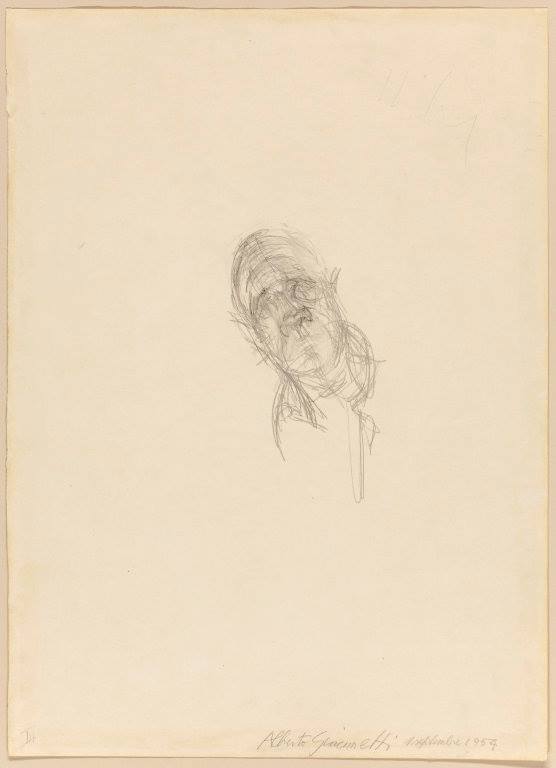Secular Prayers : Genet’s Criminal Child
“Secular Prayers : Genet’s Criminal Child.” Contemporary French and Francophone Studies, vol. 14, August 2020.
Abstract
What are the aftereffects of a catastrophic event that does not intrude from the outside—as a natural disaster or terrorist attack—but is integral to a system broken from its foundation? In 1948, French Radio invited Jean Genet on the air to comment on the government’s new efforts to rehabilitate children in juvenile prisons. The radio quickly censured Genet, as it did Artaud a year prior. In the censured piece, “The Criminal Child,” Genet speaks as a survivor of Mettray, the notorious French penal colony. In no allegorical terms, Mettray was a place where many children went to die, at times in gruesome conditions. Genet contends that in the eye of the incarcerated child, youth prisons must not be reformed for rehabilitation, but instead inflict more cruelty. Defiance and transgression, Genet contends, are the criminal child’s most creative force, and complacency takes that away. The prison slang—the language of resistance—bears a certain oracular force, similar to Rimbaud’s poetry or Genet’s own prison writing. These singular writings, I argue, bring to light an originary bind between art and life, beyond any disciplinary or aesthetic categorization, revealing the structure of a secular prayer.

